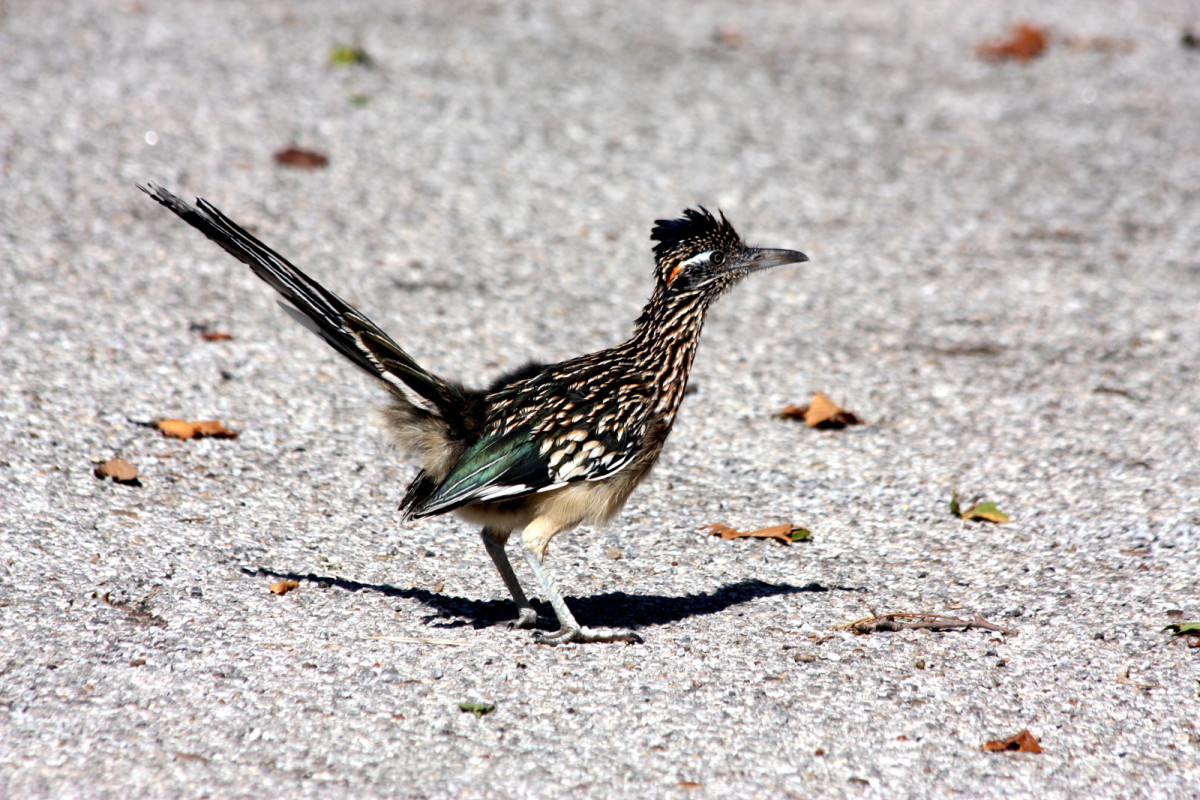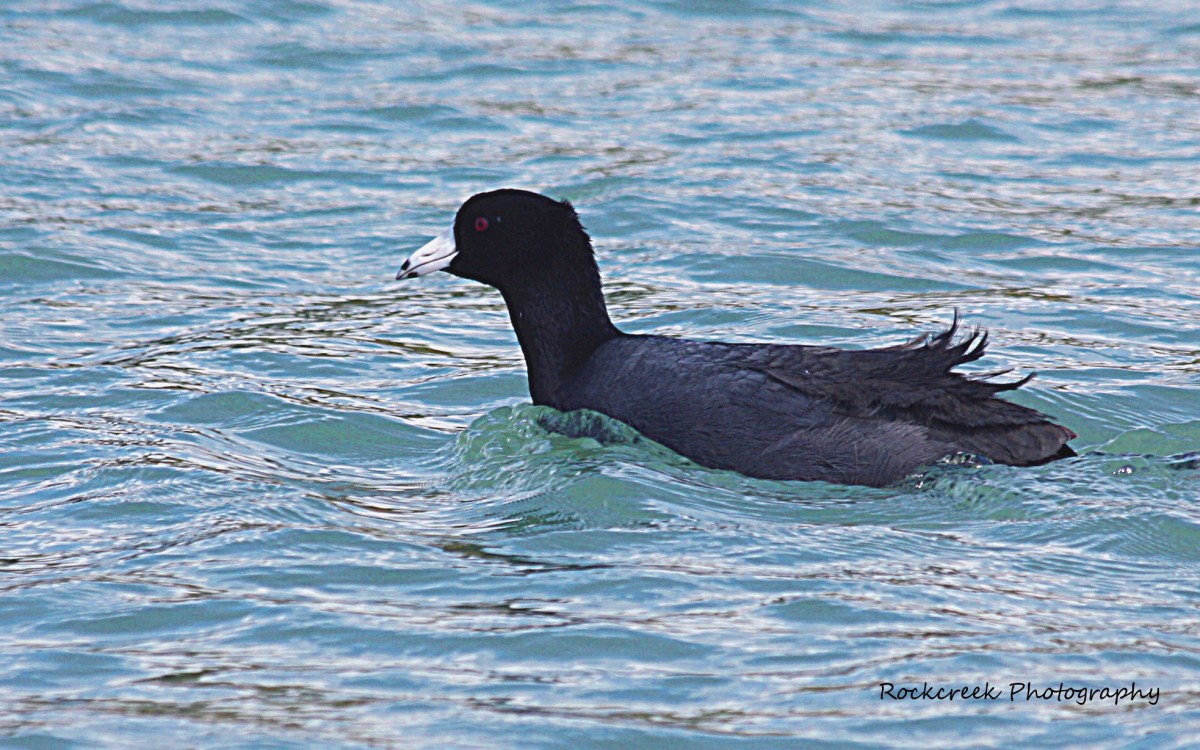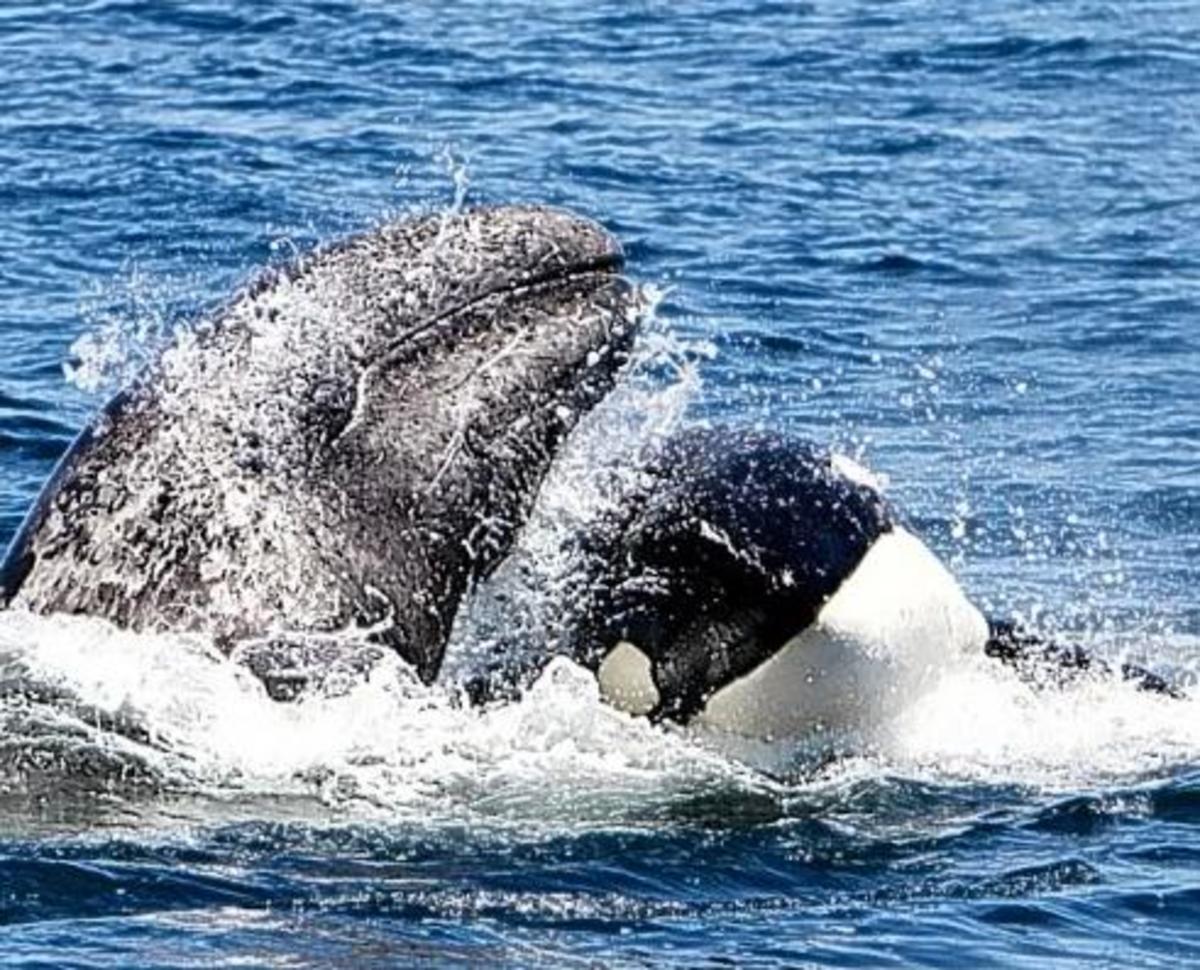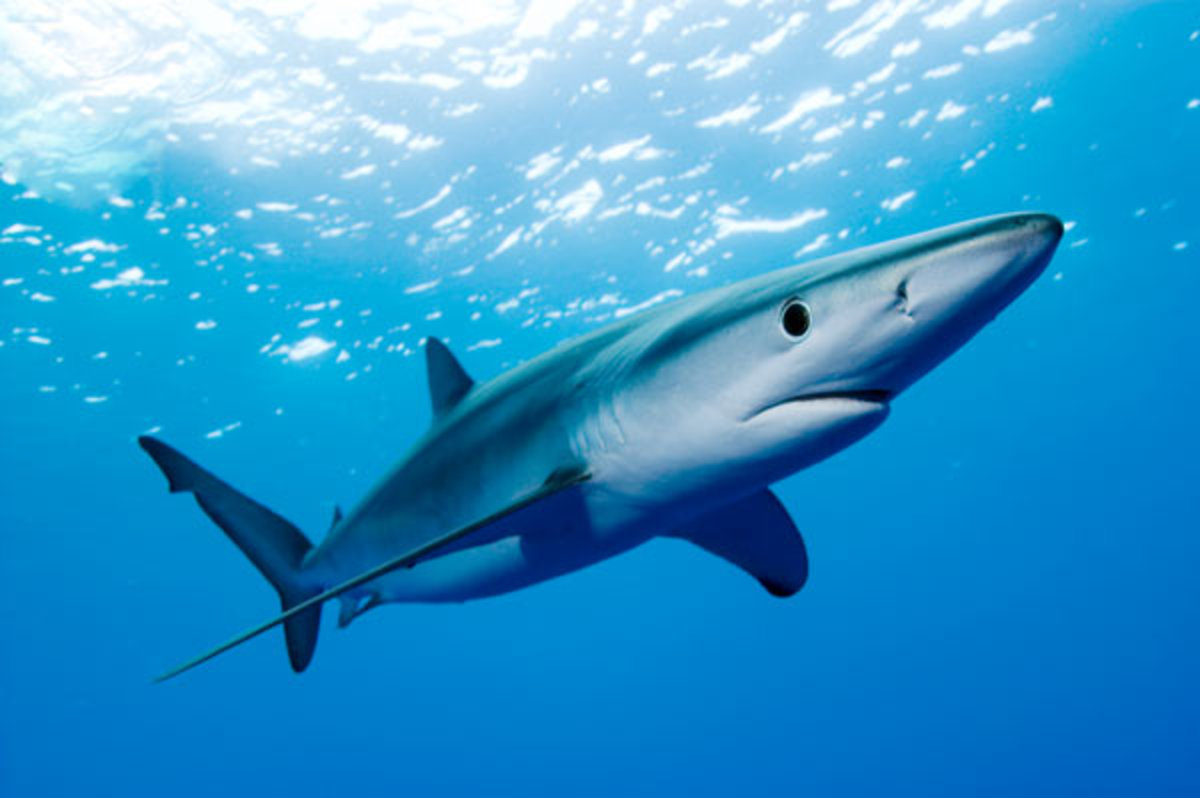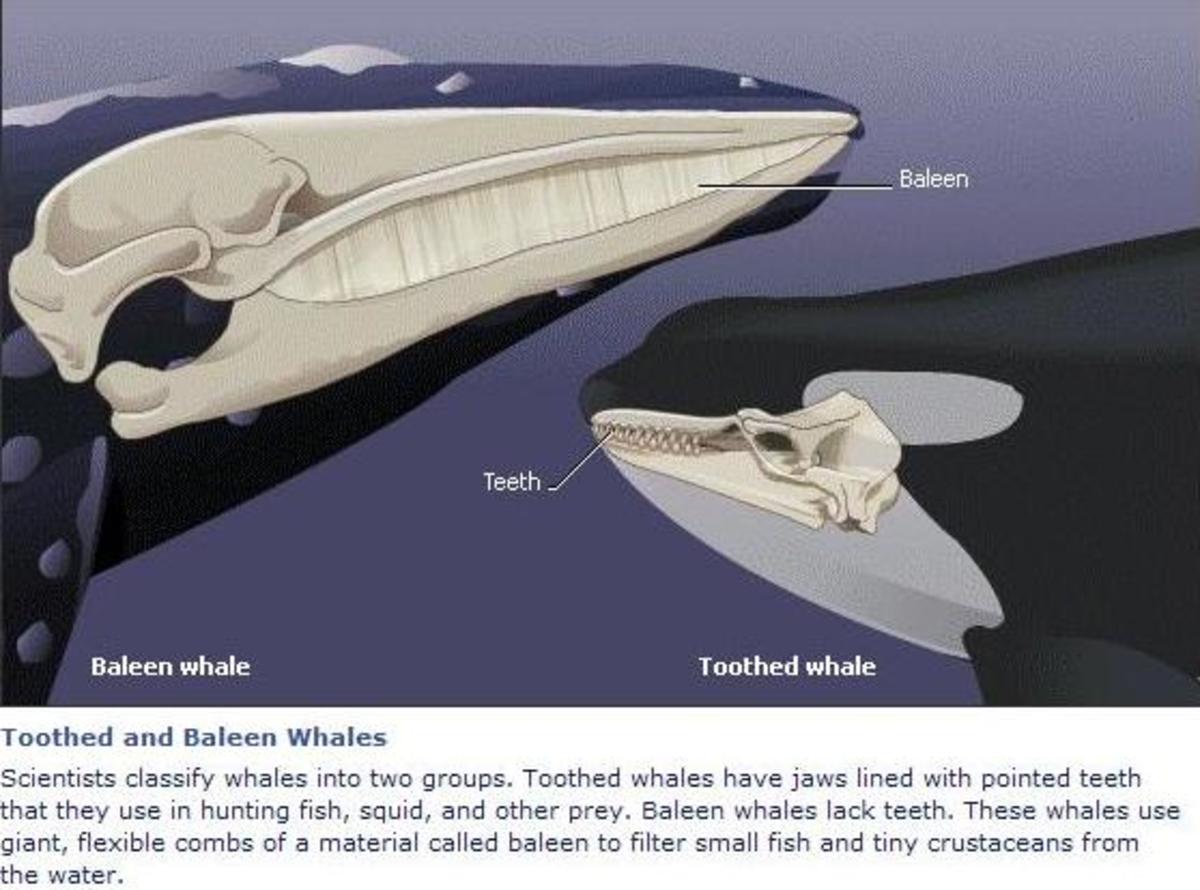- HubPages»
- Education and Science»
- Life Sciences»
- Marine Biology»
- Marine Life
Caribbean Reef Octopus
Scientific Name: Octopus briareus
More Octopus Facts...
- Octopus Facts and Information
Octopus Facts and Information. Feeding, habitat, distribution, reproduction, anatomy and more. Facts about the Blue Ringed Octopus, the Caribbean Reef Octopus, the Common Octopus among others and further information about octopus
Description
Learning about the Caribbean Reef Octopus can be a very rewarding experience. First, you need to know what you are really looking at. Too many people get them mixed up with the Common Octopus due to their coloring. However, you can easily tell them apart because of certain markings. For example the Caribbean Reef Octopus has dark circles around the eyes.
These circles will be present no matter what color the Octopus happens to be at any given point in time. They are usually brown in color and it can really cover just about any shade of that color. However, they also have their ability to change the pigment of their body. This allows them to have a way to blend into where they are and the colors will change based upon that environment.
Anatomy
They are categorized as medium is size. They can have an overall size of about three pounds which really isn’t very much compared to so many other things that live in the water. They do have a very large head and they also have thick arms. They can move but not at the same speed that so many other spices are able to. As a result they may use their ink sac more to have an opportunity to run from predators.
The Caribbean Reef Octopus has the ability to flatten out the body. They do this so that they can seem to be just another part of the scenery in the water. They can be very flat so that they don’t seem out of place. In fact, you may look right at one or even step on one in the water and never even realize it. They will run away from you though if you do touch them and then you will realize that something was alive underneath you.
Interesting Links
- The Portal of Life on Earth - Amazing Animal Facts
Amazing Animal Facts - The Portal of Animal Diversity. Visual index of animals. Dolphins, Whales, Penguins, Sharks, Tigers, Elephants, Flamingos, Otters, Killer Whales, Seals, Sea Lions, Sea Turtles, Polar Bears, Walruses, Squids, Manatees, Snails, G - Manta Ray Facts
Manta Ray Information, Habitat, Feeding, Anatomy, Evolution, Predators, Distribution - Facts and Information about Squids
Squid Facts and Information. Feeding, habitat, distribution, reproduction, anatomy and more. Facts about Species like the Giant Squid, Colossal Squid, Vampire Squid and many others. - Seal Facts and Information
Facts and Information about Seals. Feeding, habitat, distribution, reproduction, anatomy and more. Facts about Species like the Harbor Seal, Harp Seal, Hawaiian Monk Seal, and many others.
Evolution
There are many different ideas when it comes to how the Caribbean Reef Octopus evolved out there. The problem though is that there isn’t really any substantial evidence to make these assumptions known for sure. It is merely a guessing game that continues to come up.
For those that are extremely interested in any species of Octopus, learning about where they come from is very important. The fact that we don’t have such answers yet though doesn’t mean we never will. Little things are discovered all the time and there will be the day when we see the whole scenario in its glory.
Behavior
The Caribbean Reef Octopus is generally very shy and for the most part friendly. While they don’t go out of their way to interact with others they will live in the same area as them without any problems. As long as they can all get enough food and find shelter then there are no problems between them.
They are well known for their ability to solve problems and to even open up jars. It is really fascinating how they are able to learn patterns and shapes. Yet researchers find they are in a battle against time. They can’t seem to determine the extent of their intelligence before they end up dying. These creatures have an internal time clock and unfortunately their time is up way too fast.
Caribbean Reef Octopus Video
- Facts about Whales
Whale Facts and Information. Feeding, habitat, distribution, reproduction, anatomy and more. Facts about Species like the Blue Whale, Humpback Whale, Sperm whale, Beluga Whale, gray whale, bowhead whale, minke whale, fin whale, narwhal whale and pilo - Dolphin Facts and Information
Facts about Dolphins, Information about Bottlenose Dolphins, Pink Dolphins. Dolphin Information
Habitat/Distribution
There are plenty of areas where this particular species of Octopus is living. One of them where they have large numbers is the Caribbean. They also are found in the Bahamas and plenty of them live in the Atlantic Ocean. They need to have warm water and they need to have clean water for the best chances of survival. They like the coral reef areas which is why so many people love to see them while on vacation in various locations.
They don’t stick to their shelter area for more than a week or two. Instead they move to a new location on a regular basis. This is part of their drive for overall survival. The only exception to that is when they females have laid their eggs. Then they will stay in that area to offer their eggs the protection that they need from various types of predators.
Diet/Feeding Habits
There isn’t too much to share in the way of eating habits about the Caribbean Reef Octopus. They find food at night and they love to eat lots of fish and crustaceans. It can be time consuming to remove the shells from their prey. When it is too difficult though they use their saliva. It is toxic and will make the shell easier to open in a matter of seconds. They tend to consume very large amounts of food on a daily basis.
Reproduction
They will go through the mating process by the time they are four months of age. You have to remember that they have a very fast life cycle. The act of mating is the last one before they die. It is a time sensitive issue and one that continues to be perplexing to researchers.
The male is designed to release a sperm sac into the body of the female. As soon as he does so though his days are limited. Ironically, the males actually battle each other for the right to be able to mate. That is what ends their life for them even though it is instinctive for them to take part in it.
For the female, the quest to help the young to survive is what drives her final days. She can release up to 500 eggs from her body. Then she has the task of using the sperm to fertilize them. Her job at that point becomes to protect them from all the predators out there. She has to blow bubbles on them too in order to keep them clean.
This process is one she will continue from 50 days to 80 days. They warmer the water is the sooner they young will hatch. As that day arrives though the female will find she is exhausted and she will die. The young have to known how to swim and to find food by instinct from the moment they are born. It does take them time though to determine all the different functions of their bodies.
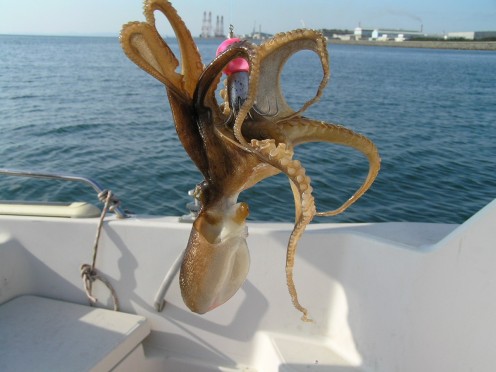
Predators
In the regions where the Caribbean Reef Octopus lives there are plenty of different predators that can end their life for them as well. This includes fish, sharks, stingrays, and eels. The specific location where an Octopus lives determines what types of dangers they will have to live with. They can put up a wonderful fight though between their biting and their ink sacs. Yet there are quite a few times when that simply isn’t enough for their survival.
Humans are also known to prey on this species of Octopus. First, it is a common enough one that people want to eat. In some areas people will catch it to cook on their own. Most of the time though the captures are sold to companies and then people can buy the Octopus to cook or they can eat it at a restaurant. There is also the fact that commercial fishing groups don’t want to deal with the Octopus. They eat a large number of fish and that can reduce the amount of money they make.

